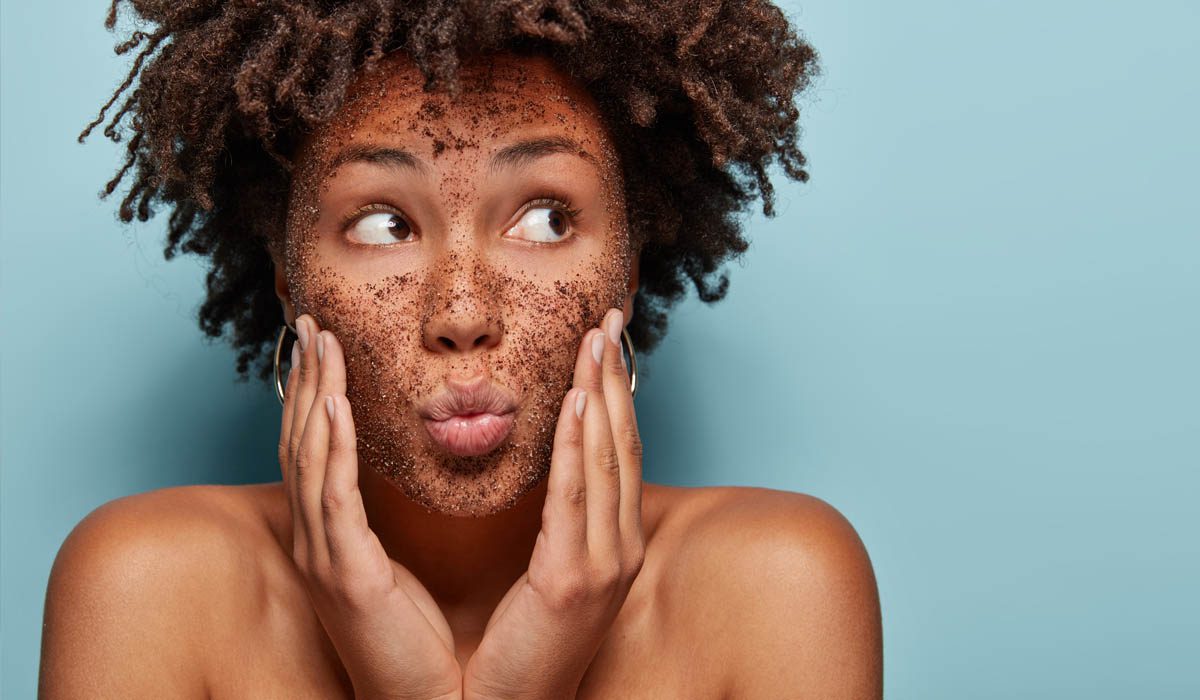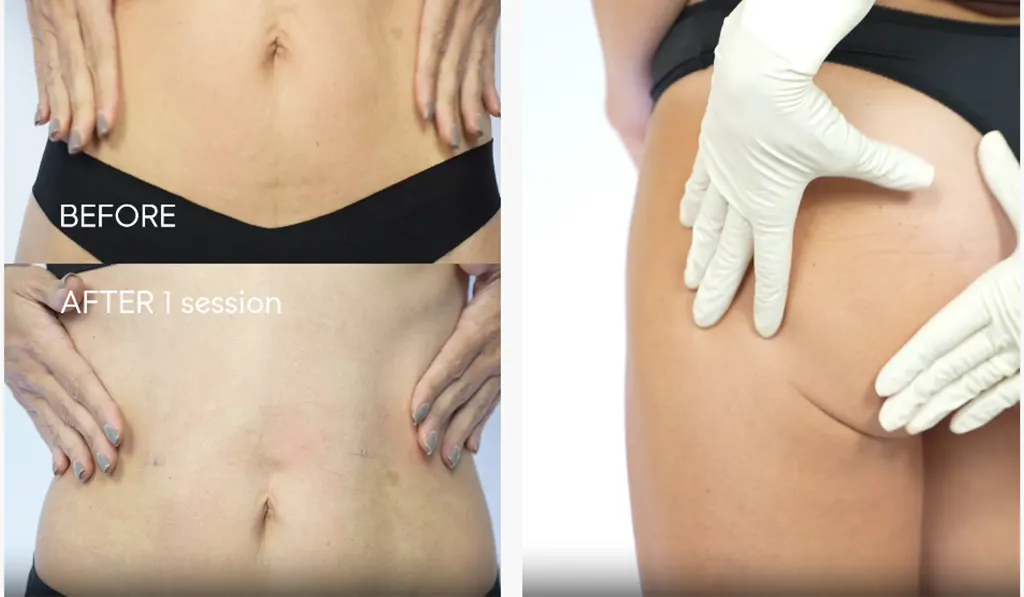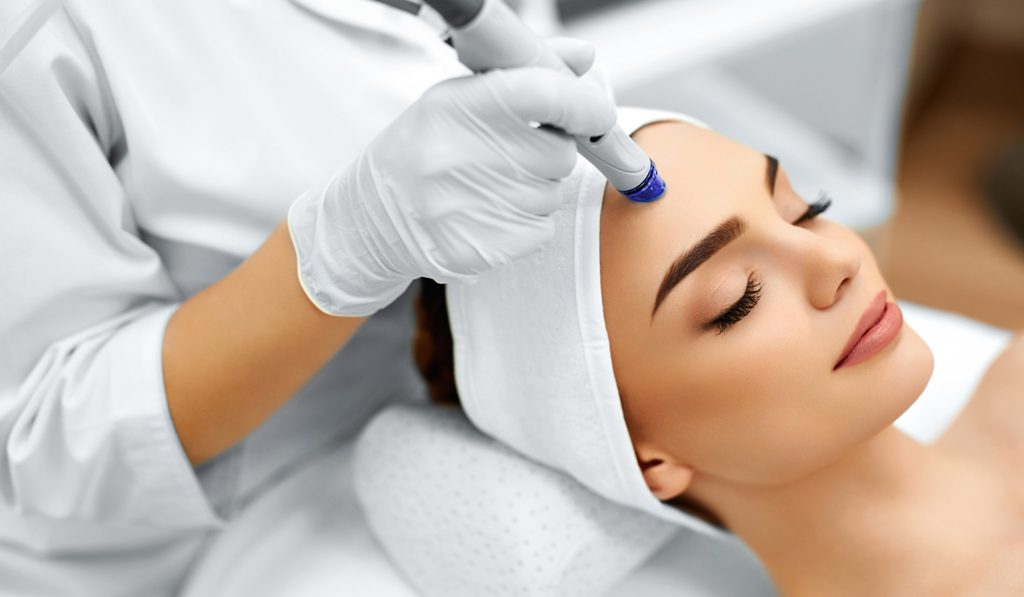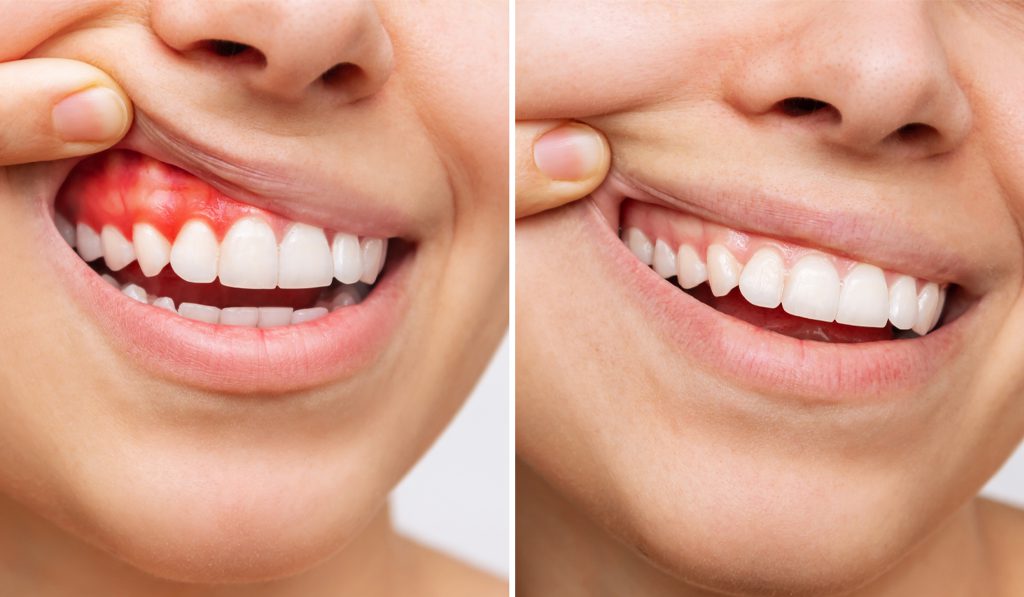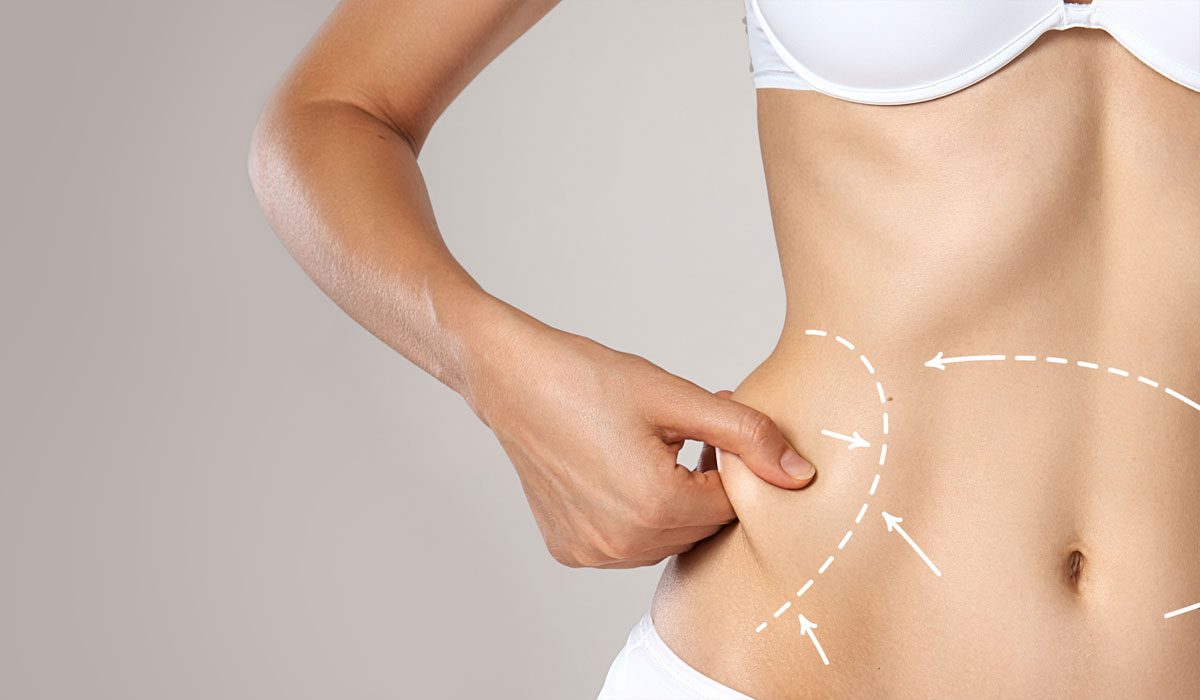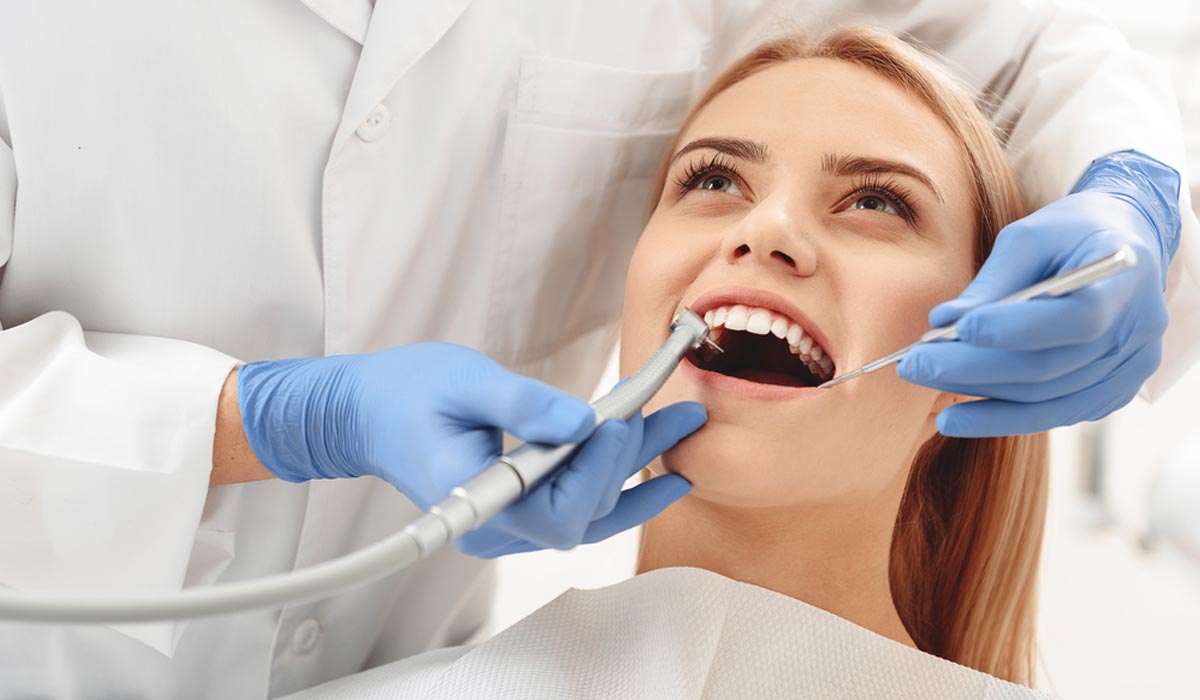Signs of over-exfoliation and ways to avoid it
Exfoliating utilizes a chemical, grainy substance or exfoliation device to remove dead cells from the skin’s outermost layer. Every 30 days or so, your skin naturally sheds old cells to create a place for new ones. Dead cells don’t always shed fully. Clogged pores and dry and itchy patches may occur from this. Exfoliating can assist in evading this.
Exfoliation, whether chemical or physical, is a crucial step in a skincare regimen since it helps maintain a dewy, moisturized sheen, balance skin texture and tone, and unclog pores. Also, it improves the absorption of all other skincare components and treatments. There are two different methods to exfoliate, and both are excellent for getting rid of dirt, dead cells, and extra oil.
Physical exfoliants
They are coarse preparations similar to body and face scrubs. A product is a physical exfoliant if it contains gritty sugar, coffee grinds, or anything similar.
Chemical exfoliants
Contrarily, these are acid-based; imagine glycolic acid (alpha hydroxy acid), salicylic acid (beta hydroxy acid), etc. They hydrate and aid in moisture retention while exfoliating the top layers of the skin.
Regardless of type, it is like a two-edged sword because it has many benefits but also some drawbacks. You should exercise caution while exfoliating excessively since your cells can end up reacting in a contrary way to what you intended. Here are some pointers for spotting over-exfoliation and treating it.
Inflammation, dryness, and redness
Redness, itching, and puffiness are all inflammatory responses, warning that your skin is in distress. Your epidermis’ top layer serves as a barrier against allergens, irritations, and pollution. Your face is more vulnerable to irritants and environmental harm when its protective outer barrier is weakened.
Acne formation
A significant contributing factor to acne development or acne that won’t go away is over-exfoliation. Exfoliation in moderation keeps pores free of debris, which is a fantastic technique to stop breakouts. Excessive rubbing can actually damage the cells, making them unable to defend themselves against bacteria. As a result, the major type of debris is broken down, making it easier for pimples to form.
Too much shine on the skin
Give your face a break from exfoliators if you feel there is more shine than usual on it. Light reflects off an over-exfoliated face easily because its natural texture has been unduly smoothed.
Breakouts get worse
Excessive exfoliation depletes the natural moisture in your skin, which causes your sebaceous glands to generate extra oil to compensate for the lost moisture. Moreover, overly vigorous scrubbing can damage the lipid barrier of the cells and impair their capacity to shield the deeper layers from bacteria and free radicals.
Tightness in skin
After washing your face, you occasionally feel tightness in your skin. Nevertheless, if you have been over-exfoliating, your skin will feel tight all the time, and you will sense this whenever you make a facial movement. This may make you uncomfortable and lead to additional skin-related problems, including dry and cracked skin.
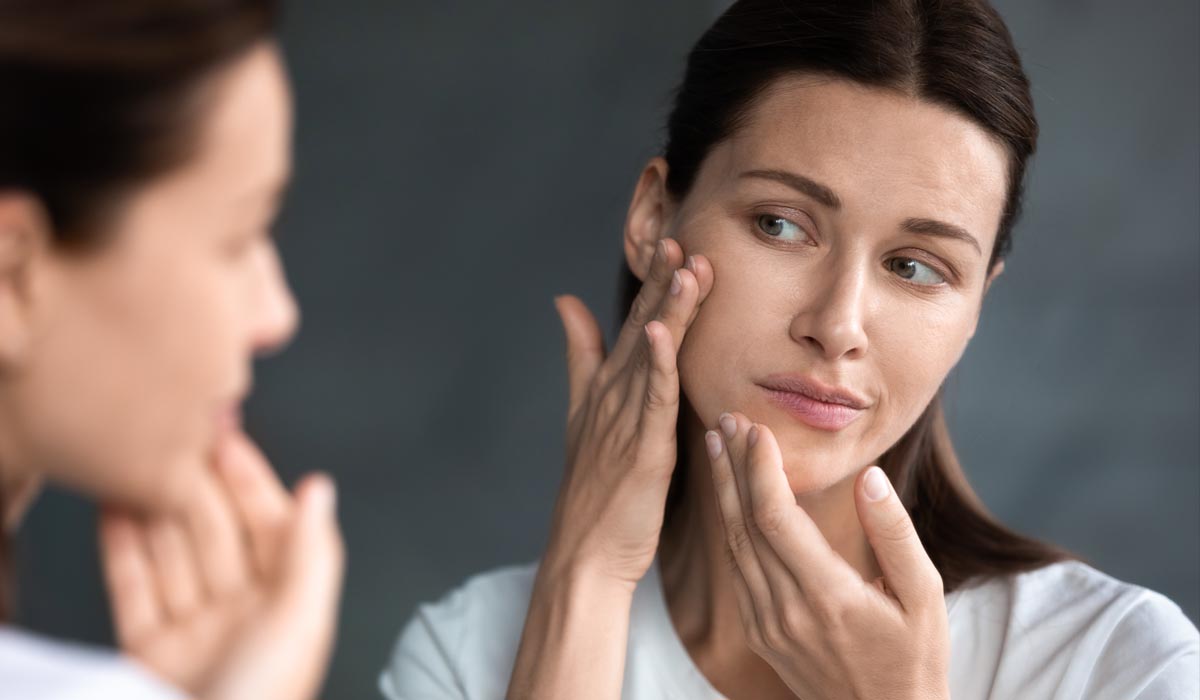
Dry skin
Over-exfoliation can result in dry skin and, at its worst, peeling. Your tissues need a break from exfoliating if you start to see dry areas and find yourself grabbing for a moisturizer. Never try to exfoliate your skin if you see that it is peeling; doing so will simply exacerbate the problem.
Steps to take if you’ve over-exfoliated
If you observe any of the aforementioned symptoms after exfoliating, the first thing to do is cease exfoliating until your skin has recovered and is at its normal texture. Some other steps which you can take are:
- Quit using all retinol products, foamy cleansers, and chemical or physical exfoliants.
- Use a gentle cleanser and fragrance-free moisturizer instead.
- A cool compress can be used to soothe the burning.
- Choose beauty products with barrier repairs, such as shea butter, fatty acids, and natural oils, which help the skin to draw in and hold onto moisture and relax and rejuvenate it.
- Include a mild cleanser with a pH balance, SPF, and repair creams that aid in repairing the skin barrier.
- Aloe vera can be used to cool and soothe your face while reducing responses.
- Use a vitamin C serum as part of your beauty regimen.
- Protect your skin from the sun.
Each skin type is unique. It might return to normal for some people sooner than for others. However, give yourself at least four weeks without exfoliating. Your skin will be particularly sensitive during this month-long period as it regenerates.
Getting back to exfoliation
You should hopefully start to notice improvements after four to six weeks. Over-exfoliation side effects should start to fade, and your face will gradually start to look healthier and more radiant. You can now start to think about adding exfoliation back into your beauty care regimen.
But exercise caution. Once your skin has completely recovered, you should initially only exfoliate it once each week. Before increasing it to twice a week, do this for a few weeks. For all skin types, twice-weekly exfoliation should be plenty; you shouldn’t need to raise it any more than this. With sensitive skin, there is an exception; in this situation, limit your exfoliation to once per week.
Why choose 7DMC?
At 7DMC, we’re dedicated to providing patients with a warm and welcoming environment while reaching excellence. We aim to achieve the best levels of client satisfaction continually and are renowned for providing exceptional patient care services.
Our highly skilled and internationally qualified team offers first-rate services in breathtaking settings. Our customized therapies are created using the most cutting-edge, state-of-the-art technology and innovations to meet the specific needs of each unique patient. We guarantee that our extensive experience in skincare treatments, combined with the newest tools and techniques, will enable you to get the best results.
Summary
There is no doubting the benefits of exfoliating your skin. A thorough scrub-down removes grime and extra oils, increases circulation, and leaves your skin feeling clean and velvety. Yet having too much of a good thing can be detrimental. The one skincare error almost all of us make is over-exfoliating. While we clean and scrape our faces in an effort to maintain healthy, happy skin, overdoing it can be harmful. If you have over-exfoliated, find out how to support it to hasten the recovery process so that your beauty care regimen and complexion can return to normal as soon as possible.
References
healthline.com/health/beauty-skin-care/over-exfoliating
allure.com/story/skin-over-exfoliation-symptoms-treatments
lionesse.com/9-ways-to-heal-over-exfoliated-skin/

